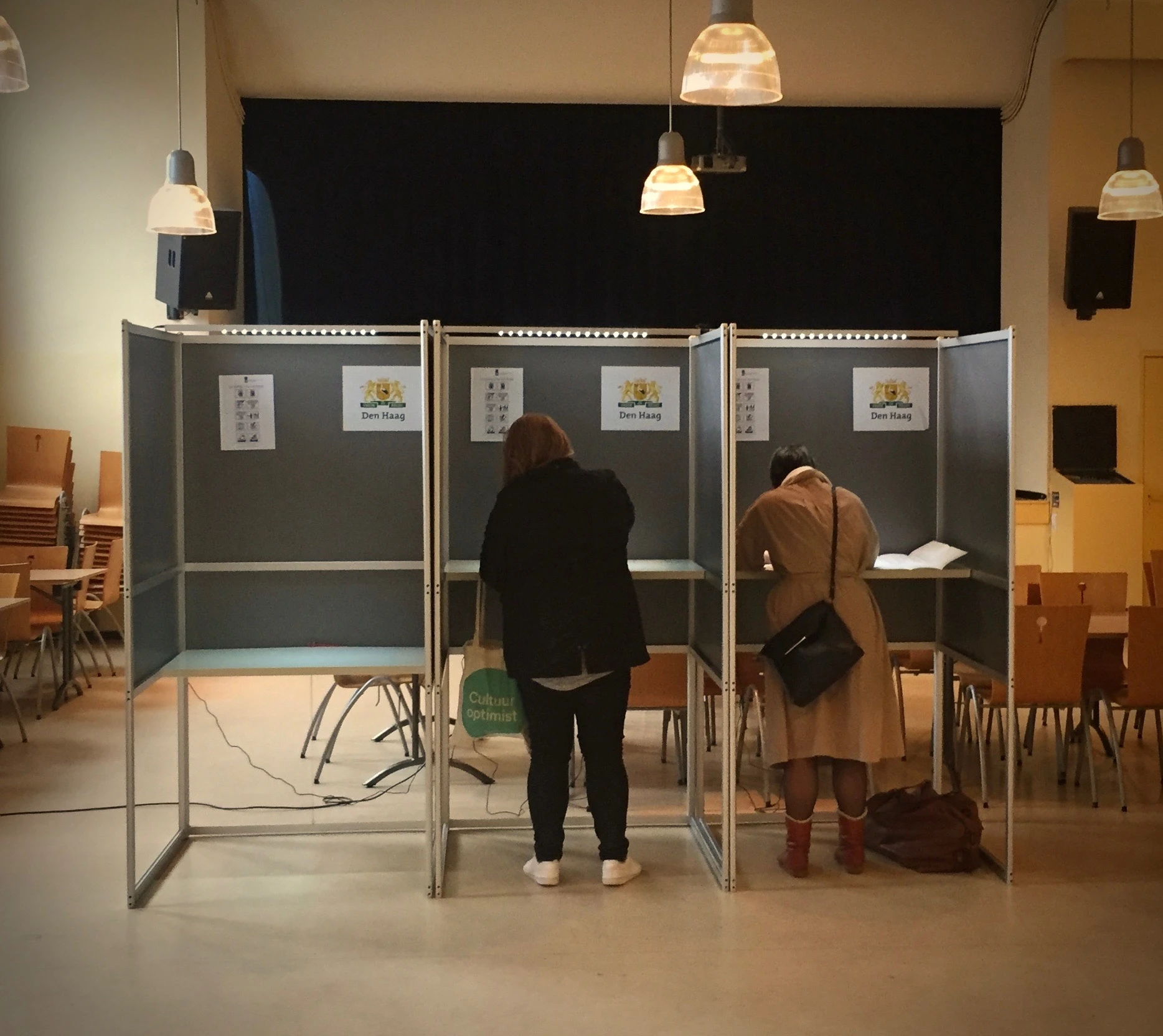
Netherlands goes to vote: this is how national elections work
On 22 November 2023, the Netherlands will vote in the elections to the House of Representatives. These are important elections that determine which parties will govern the country. The elections also affect issues such as family reunification and asylum.
Many different parties and candidates participate
There are 18 different political parties participating in the House of Representatives elections this time. They all have their own idea of how they want to govern the Netherlands. Each party has a list of candidates.
On Election Day, voters vote for the party they think is best. And for a specific candidate within the party.
In the Netherlands, you do not vote for the government
During elections, you vote for representatives of political parties that make up the House of Representatives. A total of 150 politicians make up the House of Representatives. How many candidates a party gets in the House of Representatives depends on how many people vote for the party.
A number of parties that together have a majority in the House of Representatives form a government. These parties then jointly elect the ministers and the prime minister. Thus, as a citizen, you do not directly elect the government.
Adult Dutch people vote at least every 4 years
Normally, a government rules for 4 years and Dutch people can vote for their political representatives in the House of Representatives every 4 years. As the government resigned last summer, national elections are now earlier.
In order to vote in the elections to the House of Representatives, you must be at least 18 years old and have Dutch citizenship. Voting is voluntary.
Asylum and family reunification are important issues for this election
The previous government could not agree on how the Netherlands should deal with asylum and family reunification. That is why these issues are very important in the upcoming elections. This is because the parties that are going to be elected now have to work together to make good plans for this. That is why the political parties are already talking a lot about this during the elections and debates on television.
Still, it may be a long time before new plans are made and implemented. Firstly, the parties need to form a government together that generally agrees on how these issues should be addressed. After that, all plans must also be worked out in detail. Sometimes this can take years to happen.
You do not immediately notice the effects of the election
On other issues, too, it usually takes a long time before you notice anything about new rules and laws. The last time after the 2021 election, it took as many as 299 days to form a new government.
Once a government is formed, this government starts making new laws and rules. These rules and laws must be approved by a majority of the House of Representatives. And checked by the Senate. So after elections, it takes time before new rules and laws are introduced.